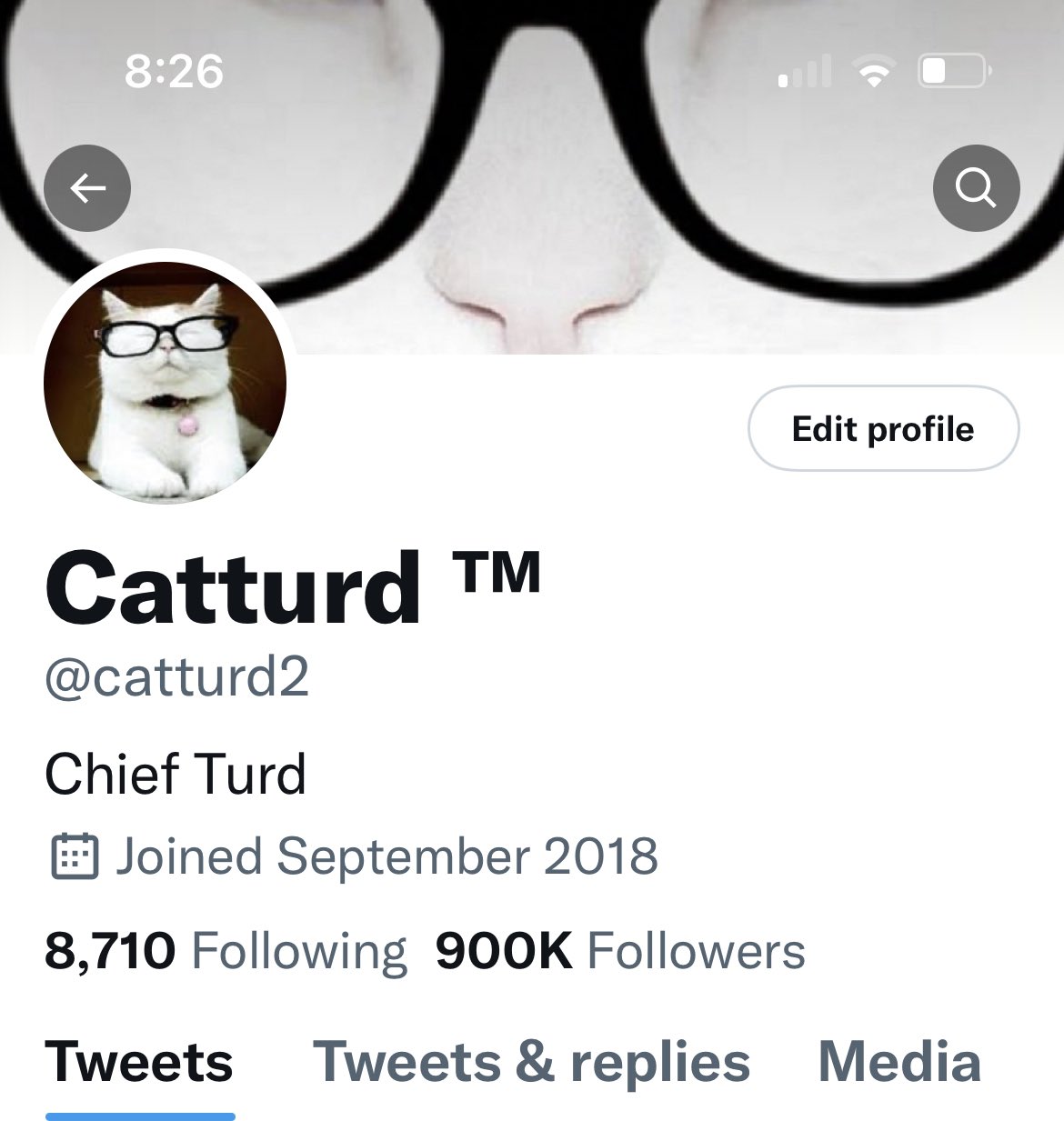The Mystery Of Catturd: Who Is @catturd2?
Can anonymity truly breed influence in the digital age? The curious case of Catturd, a pseudonymous Twitter personality, offers a compelling affirmation. This enigmatic figure, shrouded in digital obscurity, has amassed a substantial following, capturing the attention of prominent figures like Elon Musk and even former President Donald Trump.
Catturd's journey began in the murky depths of online political commentary. Starting on Disqus, commenting under articles on sites like Breitbart News in the 2010s, the persona migrated to Twitter in September 2018 as @catturd2. Early retweets from right-wing influencers like Jack Posobiec helped ignite the account's initial growth. By the close of 2020, propelled by interactions with prominent conservatives, including then-President Trump, Catturd's follower count had ballooned to over half a million. This rapid ascent highlights the potent combination of political alignment and social media virality. Catturd's tweets, often laced with scatological humor and pointed political barbs, resonated within conservative circles, becoming a rallying point for those disenchanted with mainstream media narratives.
| Real Name | Unconfirmed (believed to be Charles Buchanan) |
|---|---|
| Online Alias | Catturd, @catturd2 |
| Known for | Conservative political commentary, satire, memes, criticism of mainstream media, scatological humor, spreading conspiracy theories and disinformation |
| Platform | Primarily Twitter |
| Followers (as of Jan 2023) | Over 1.3 million |
| Notable Interactions | Retweeted by Donald Trump, replied to by Elon Musk |
| Residence | Wewahitchka, Florida |
| Other Activities | Novelist, owner of Catturd LLC |
| Reference | Wikipedia - Catturd |
The account's notoriety extends beyond mere follower counts. The very term "Catturd" has trended on Twitter, sparking a mixed reaction of amusement, embarrassment, and outright horror. Some users expressed bewilderment at the platform's amplification of such content, while others reveled in the absurdity. One such instance occurred on December 1, 2020, when Catturd claimed Twitter suppressed the hashtag #ArrestFauci, replacing it with simply "Fauci." This incident fueled further debate about censorship and algorithmic manipulation on social media platforms.
Elon Musk's acquisition of Twitter added another layer to the Catturd saga. Upon finalizing the $44 billion deal in late October 2022, Musk publicly pledged to address issues raised by the account. This high-profile interaction further solidified Catturd's position in the online discourse, highlighting the account's ability to command attention even from the most powerful figures in the tech world. Musks engagement underscored the complex relationship between platform owners and influential users, raising questions about the potential for preferential treatment and the blurring lines between free speech and platform responsibility.
Beyond the political commentary and online skirmishes, Catturd has also ventured into the literary world, authoring several novels. This diversification of activity suggests a broader ambition beyond the confines of social media. While the true identity behind Catturd remains a closely guarded secret, the persona continues to thrive in the digital realm. The carefully cultivated anonymity, combined with a knack for provocative content, has created a powerful online presence. Catturds success exemplifies the strange paradox of internet fame: the ability to achieve widespread recognition while remaining virtually unknown.
Catturd's story isn't just about a single anonymous Twitter account; it's a reflection of the evolving nature of online influence. Its a testament to the power of anonymity in an increasingly interconnected world, where a curated online persona can wield significant cultural and political capital. The rise of Catturd raises fundamental questions about authenticity, accountability, and the nature of fame in the digital age. As online platforms grapple with issues of misinformation and manipulation, the story of Catturd serves as a potent reminder of the complexities and contradictions that define the modern internet landscape.
Catturds trajectory, from Disqus commenter to Twitter phenomenon, mirrors the broader trend of decentralized media and the rise of independent content creators. Bypassing traditional gatekeepers, figures like Catturd have carved out their own niches, building loyal followings and challenging established narratives. This shift has profound implications for the future of media, politics, and online discourse. As the lines between entertainment, information, and propaganda become increasingly blurred, understanding the dynamics of online influence is more crucial than ever.
Ultimately, the enigma of Catturd compels us to confront uncomfortable truths about the nature of online identity and the power of anonymity. It forces us to question what constitutes authenticity in a world of carefully crafted online personas, and to consider the ethical implications of anonymous influence in the digital public sphere.


